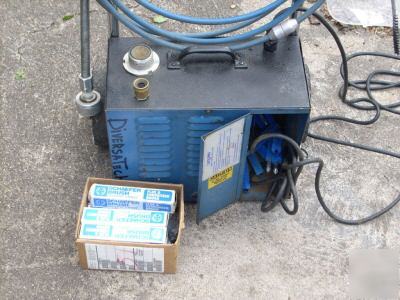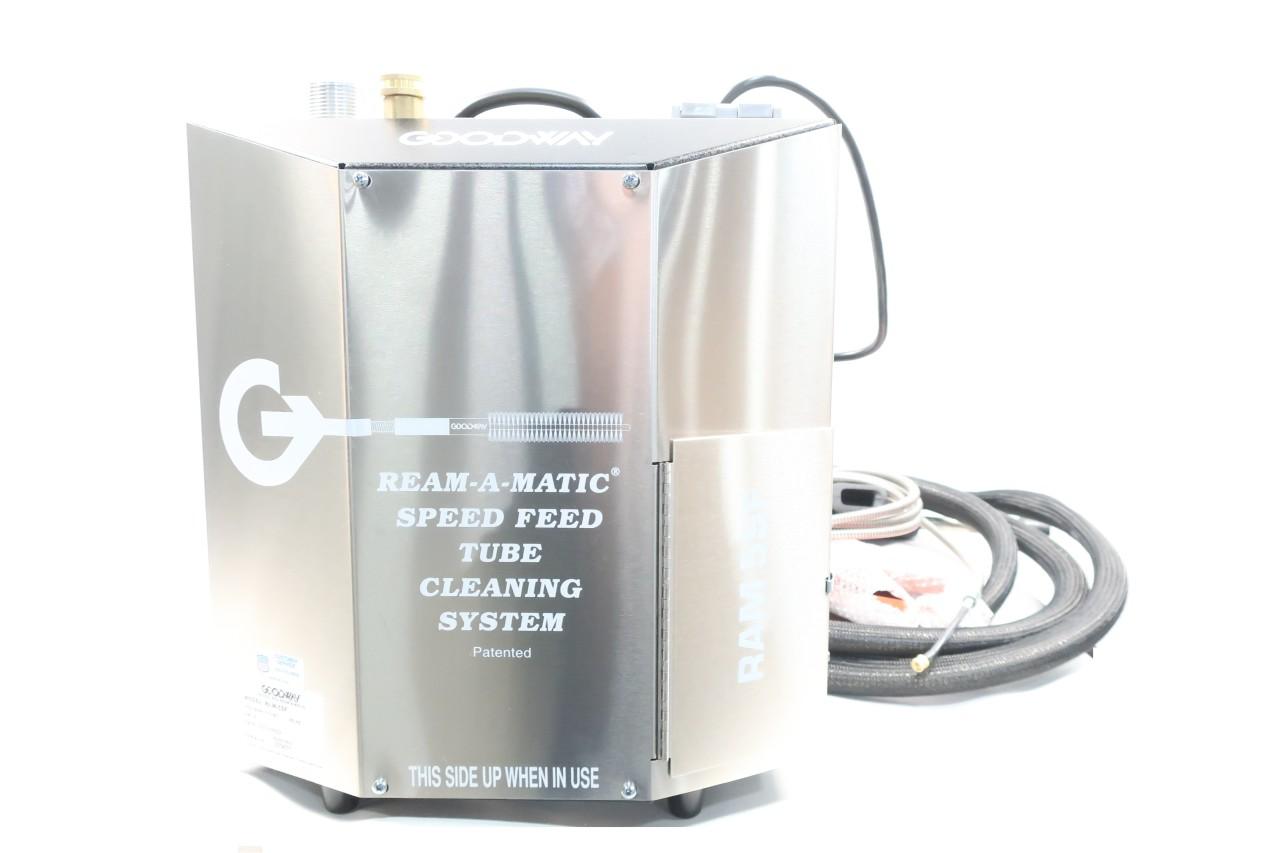

GOODWAY RAM 6 SERIES
ROP screening requires many infants to undergo a series of uncomfortable intensive diagnostic eye examinations, <10% of which need treatment ( 3).

The fundoscopy used in ROP screening has proven to be painful ( 12, 13). These standards have led to many low-yield screenings of larger, more mature births. In China, where ROP can also occur in large infants, screening is usually performed within 4–10 weeks after birth but it should be performed at 3 weeks after birth if BW >2,000 g ( 11). In developed countries, the highest-risk infants are those with gestational age (GA) 30-week GA) infants who are considered by the attending physician to be “clinically unstable” ( 10). The population of infants at risk for ROP varies by geographic region ( 3).

ROP can usually be effectively treated if diagnosed within an urgent time window ( 3). This is mainly due to the mismatch between the supply and demand of oxygen in the retina ( 1, 2). Retinopathy of prematurity (ROP) is a serious vascular proliferative disease of the retina in premature infants that can lead to visual impairment or blindness in children. The ROP risk can be calculated manually or represented by a nomogram for clinical use. Under the control of BW and GA, low weight gain rate, increased number of blood transfusion, invasive mechanical ventilation and NT-proBNP ≥ 25,000 ng/L were “new” statistically independent risk factors for ROP. The area under the curve (AUC) of the final multivariate model was 0.90 (95% CI, 0.88–0.92 P < 0.001).Ĭonclusions and Relevance: These findings add to our understanding of ROP screening because they include all eligible infants rather than only high-risk infants, as in previous studies. The weight gain rate, blood transfusion (OR, 2.03 95% CI, 1.14–3.64 P = 0.017), invasive mechanical ventilation (OR, 1.74 95% CI, 1.15–2.66 P = 0.009) and N-terminal segment of pro-B-type natriuretic peptide (NT-proBNP) ≥ 25,000 ng/L (OR, 1.51 95% CI, 1.00–2.28 P = 0.048) were four new statistically independent risk factors in addition to GA and BW. Results: The study included 2,040 infants who underwent ROP screening. Receiver operating characteristic (ROC) curves and a nomogram were drawn. The significant results were analyzed in a backward selection multivariate logistic regression model. Each of the 27 candidate risk factors was evaluated in univariate analysis and adjusted for known risk factors (i.e., GA and BW). Method: All high-risk infants in the neonatal intensive care unit (NICU) of the First Affiliated Hospital of Zhengzhou University from 2017 to 2021 were included in this retrospective cohort study. Current ROP screening guidelines, which include a range of birth weights (BWs) and gestational ages (GAs), may require screening many low-risk preemies who might develop severe ROP. Without treatment, more than 45% of eyes may suffer permanent vision loss. Simultaneous cleaning solution injection and water power flush up to 500 PSI at 2.2 GPM (35 BAR at 8.Importance: Retinopathy of prematurity (ROP) is a preventable cause of blindness in children.Large pneumatic tires and heavy-duty contractor dolly - easy to move.Interchangeable cleaning tools - versatile.Speed control - set shaft rotation at optimum speed for each application.Stainless steel construction - long life.

GOODWAY RAM 6 FULL
This versatile unit features a full 1-1/2 HP (1.1 kW), variable speed drive motor, a cleaning solution injection system and a separate 500 PSI (35 BAR) pump that delivers a 2.2 GPM (8.3 LPM) power flush. When used with a "Patriot" Dual Diameter Brush, the advanced features of this machine allow it to thoroughly clean even the most fouled internally enhanced tubes. The RAM-6 Tube Cleaner is the ultimate rotary tube cleaning machine.


 0 kommentar(er)
0 kommentar(er)
